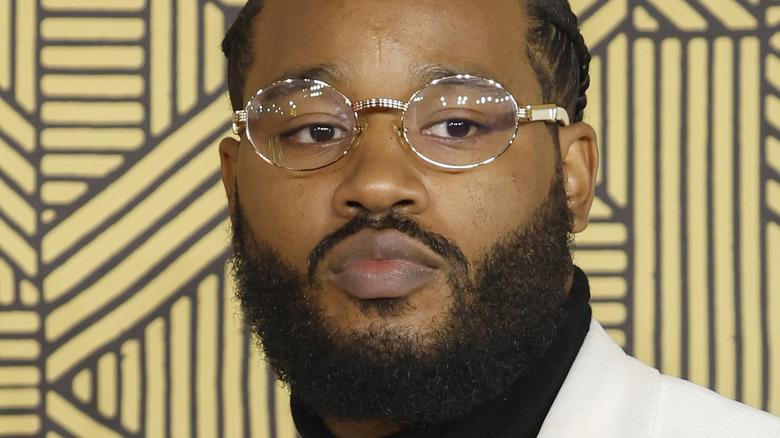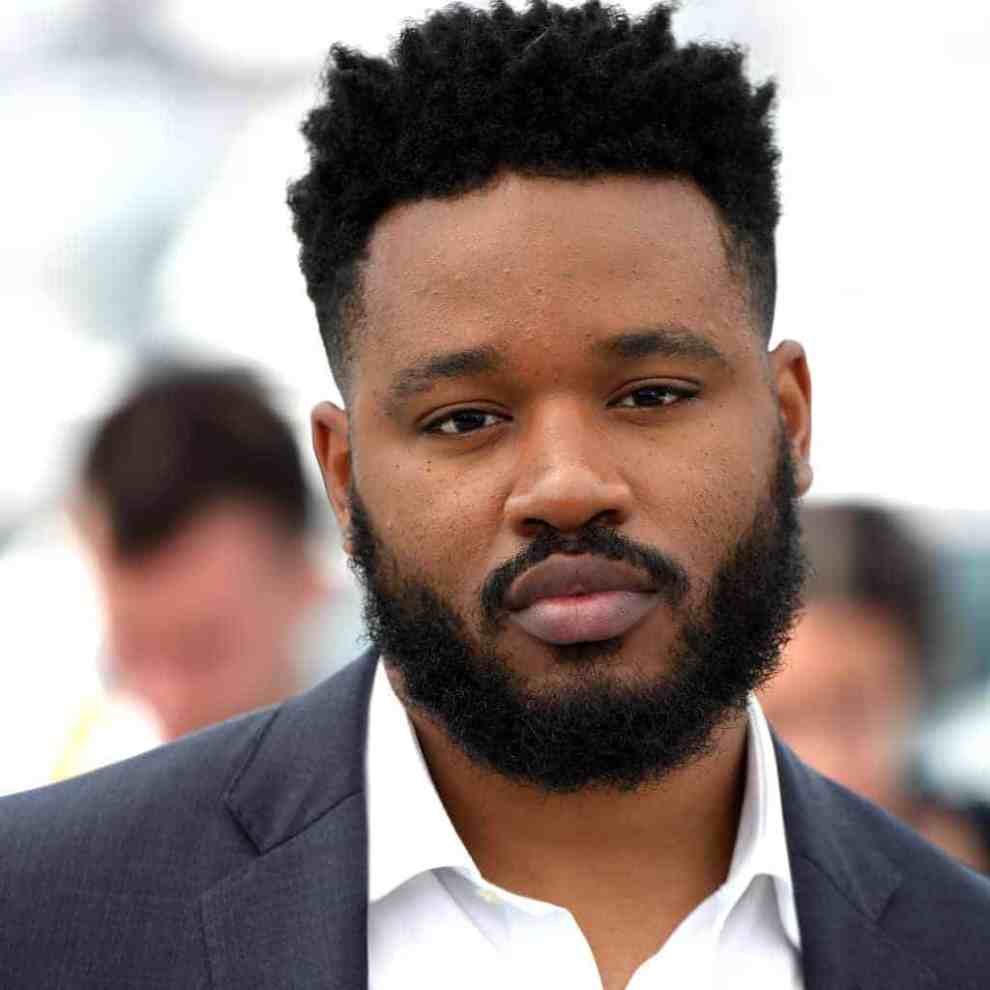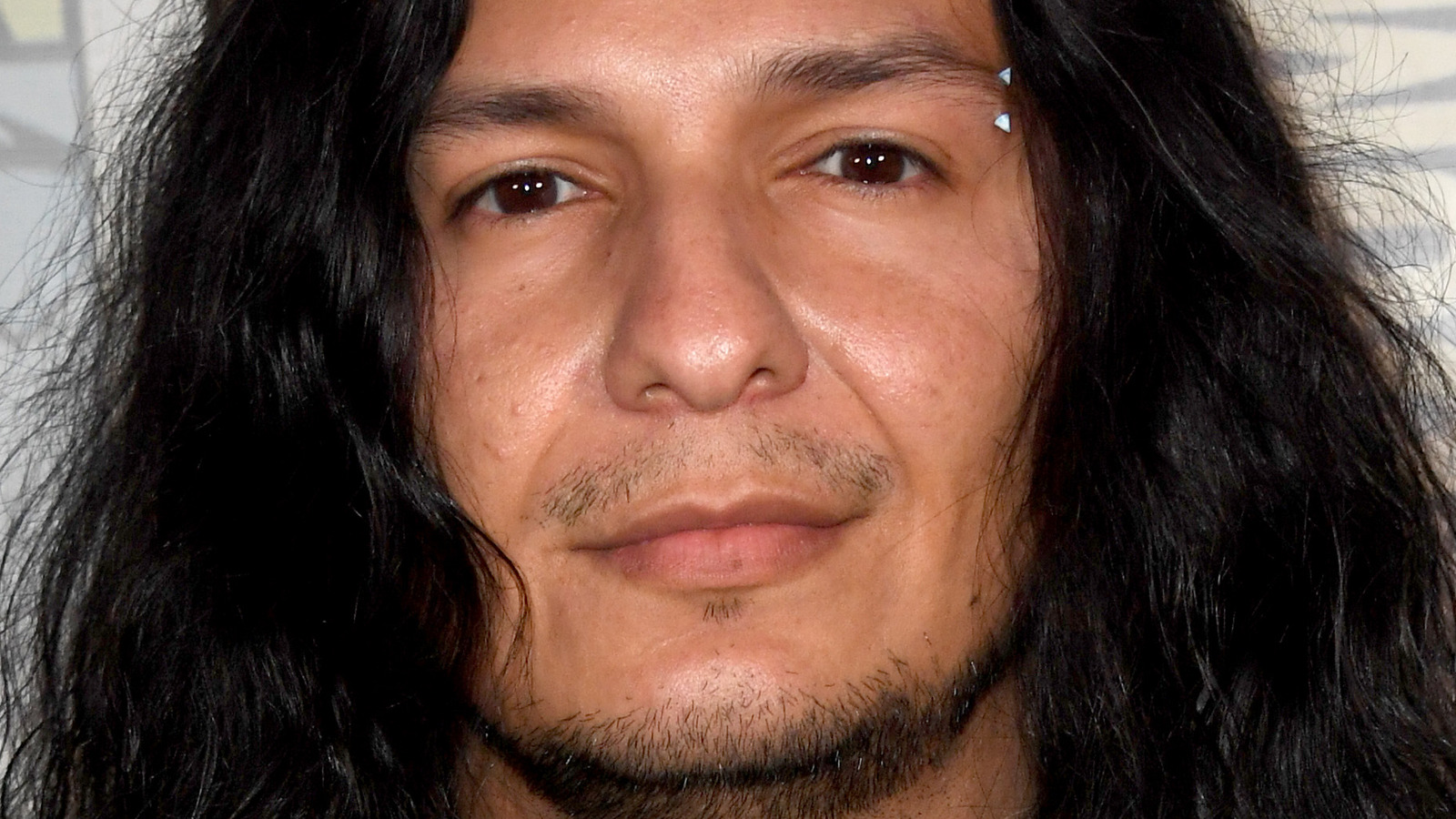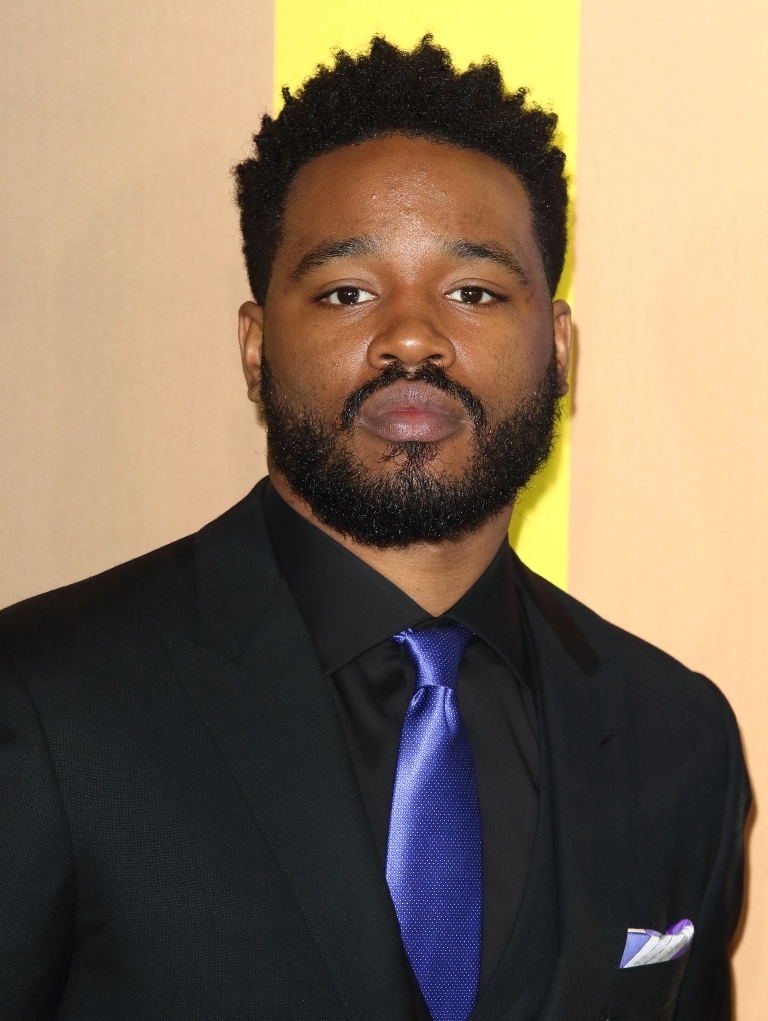Table of Contents
- Social Matters - Just - Image 7 from 10 Things to Know About Ryan ...
- Ryan Coogler On Sundance & ‘Fruitvale Station’ A Decade Later
- Ryan Coogler on how hard filming ‘Black Panther 2’ without Chadwick ...
- Director Ryan Coogler honors Chadwick Boseman at 'Black Panther ...
- Ryan Coogler At Times Had To Break Up Dance Parties In Order To Shoot ...
- #SceneIt: It's Official! Ryan Coogler Will Begin Writing the 'Black ...
- Ryan Coogler Used Basketball Analogies To Direct Alex Livinalli On ...
- Black Panther - Ryan Coogler Comic Con - 2017 Marvel Studios HD - YouTube
- Ryan Coogler | Black Panther Q&A | Presented by Film Comment - YouTube
- Ryan Coogler returns to Wakanda to direct Black Panther 2

Acclaimed director Ryan Coogler, known for his powerful films like Fruitvale Station and Black Panther, has always been drawn to stories that explore the complexities of the human experience. In a recent interview, Coogler delved into the parallels between the blues and social justice, highlighting the ways in which music can serve as a powerful tool for storytelling and activism. In this article, we'll explore Coogler's insights and examine the enduring legacy of the blues as a genre that continues to inspire and empower marginalized communities.


The Blues as a Form of Resistance

Coogler notes that the blues, which originated in the Deep South during the late 19th and early 20th centuries, was more than just a genre of music – it was a form of resistance. African American musicians used the blues to express their emotions, tell their stories, and cope with the harsh realities of racism and oppression. The blues was a way for marginalized communities to reclaim their narratives and assert their humanity in the face of systemic injustice. As Coogler observes, "The blues is a genre that's rooted in struggle, in pain, and in the pursuit of freedom."


Storytelling through Music

Coogler believes that the blues is a powerful example of how music can be used to tell stories that need to be told. The genre's emphasis on raw emotion, personal experience, and social commentary makes it an ideal vehicle for exploring themes of social justice. By using music as a form of storytelling, artists can convey complex ideas and emotions in a way that resonates with listeners on a deeper level. As Coogler notes, "Music has the ability to transcend language and culture, to speak to people on a fundamental level that's hard to reach through other forms of storytelling."


Parallels with Contemporary Social Justice Movements

Coogler draws parallels between the blues and contemporary social justice movements, such as Black Lives Matter and the fight against systemic racism. Just as the blues provided a powerful outlet for African American musicians to express their experiences and frustrations during the Jim Crow era, contemporary music and art are being used to amplify the voices of marginalized communities today. Coogler observes, "The same spirit of resistance and defiance that defined the blues is alive and well in the music and art of today's social justice movements."
In conclusion, Ryan Coogler's insights into the parallels between the blues and social justice offer a powerful reminder of the enduring legacy of this iconic genre. The blues continues to inspire and empower marginalized communities, providing a platform for storytelling, activism, and resistance. As Coogler notes, "The blues is a reminder that our stories matter, that our experiences are valid, and that our voices deserve to be heard." By embracing the blues and its legacy, we can continue to push for a more just and equitable society, one that values the dignity and humanity of all people.
Whether you're a music lover, a social justice advocate, or simply someone who believes in the power of storytelling, the blues has something to offer. So take a moment to listen to the music, to feel the emotions, and to hear the stories that have been passed down through generations. The blues may have originated in the past, but its message of hope, resilience, and resistance remains as relevant today as ever.